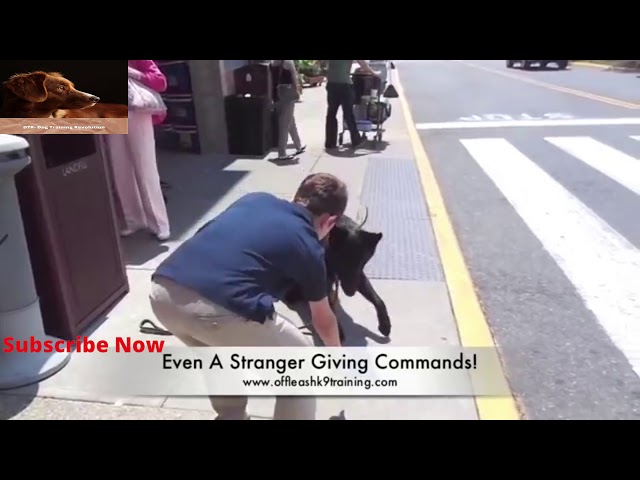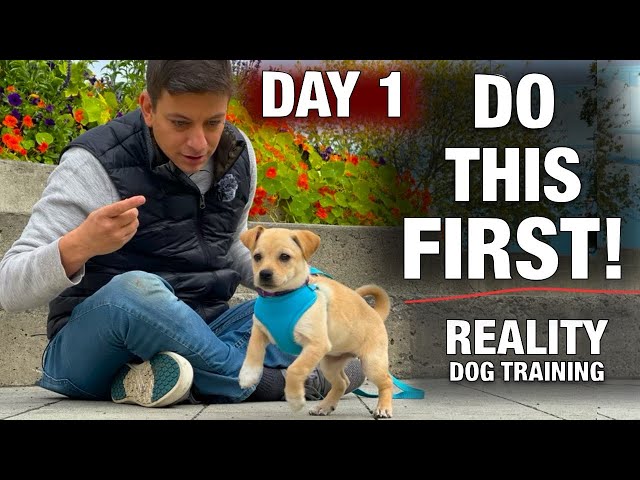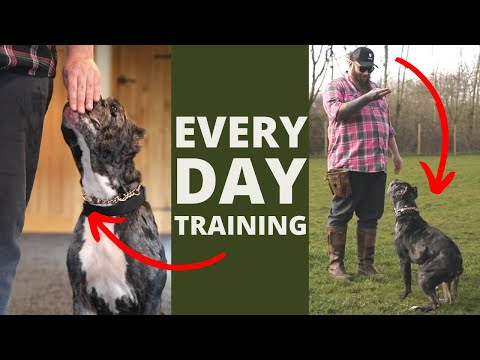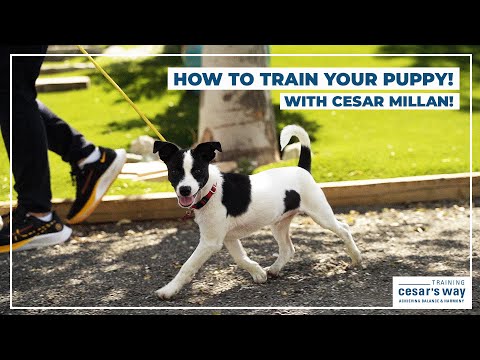Are you a Pet/Dog/Cat Lover? If you are, see something special for you: https://bit.ly/361XMYx
For Your Dog: https://bit.ly/2WSRHcZ
For Your Cat: https://bit.ly/3fTP03s
For You: https://bit.ly/2yaH2lu
Importance of Dog Distraction Training
After you have spent countless hours teaching tricks and obedience skills to your dog, you’re more than ready to put them to the test in a public setting. You know he’s got it, after all. But wait… unless your dog is trained to ignore distractions, it’s likely that all of your hard dog training work will seemingly fly out the window in a new or noisy environment.
Most dog training occurs in a controlled and somewhat quiet environment. Through repetition and reinforcement, your dog knows how to behave in those dog training environments and may listen or perform perfectly. Yet, in an uncontrolled environment, your dog will encounter people, creatures and objects that trigger his fancy (or his anxiety), which is apt to override his learned response to obedience commands.
A startled or excited dog can embarrass you, at best, and get into harm’s way or disappear in a worst-case scenario. This is especially true with off-leash obedience training and is not worth the risk. But with distraction training, you and your dog can eventually work with confidence in any setting.
Dog Training with Distractions
Before you introduce distractions to your training, teach your dog a “watch me” command. You can do this by holding a treat near your midsection or upper body, depending on the obedience training skill you’re teaching. Hold the treat to his nose, place it near you, say, “watch me,” and then reward him with it for keeping his eyes focused on you.
Gradually increase the amount of “watch me” time. If he looks away from you, wave the treat before his nose and repeat the process. You should then practice this command with and without treats to ensure that he follows it regardless of reward.
Introduce a distraction as you work on commands such as “stay,” “heel,” and “come,” but add the distractions one by one rather than flooding him with provocation. The primary goal is that he succeeds in spite of distractions, so you want to help him do that.
Training distractions include:
Another dog
A cat, birds, or other animals
Children-either standing still or playing
Startling noises such as thunder and gunshots
Noises such as whistling, laughing, clapping, and the bounce of a ball
It’s helpful to increasingly expose the dog to distractions, especially those that are startling. For example, you could practice obedience training skills on leash near a busy playground, and then slowly work your way closer to the playground with each session. You remind your dog to “watch me,” and continually reward him for doing so.
When instructing him to “stay,” tell him to “watch me,” and then have a friend or neighbor walk by whistling. When he “heels,” keep a treat near your midsection and walk him around other dogs. Test a variety of distractions and then focus on those that are more difficult for him.
With gradual exposure and distraction training, a dog is much less likely to fear or show interest in the interruptions that occur in public settings.
Good Luck
Important: The video clip belongs to Upstate Canine Academy, Richard Heinz, OffLeashK9Training,
Official Eric Salas Training Channel. If you are the video owner and would like us to take down the video pls message us on – universalpetlovers1@gmail.com
We used this video as a courtesy of CC.
Subscribe : https://bit.ly/2ylFyVz




